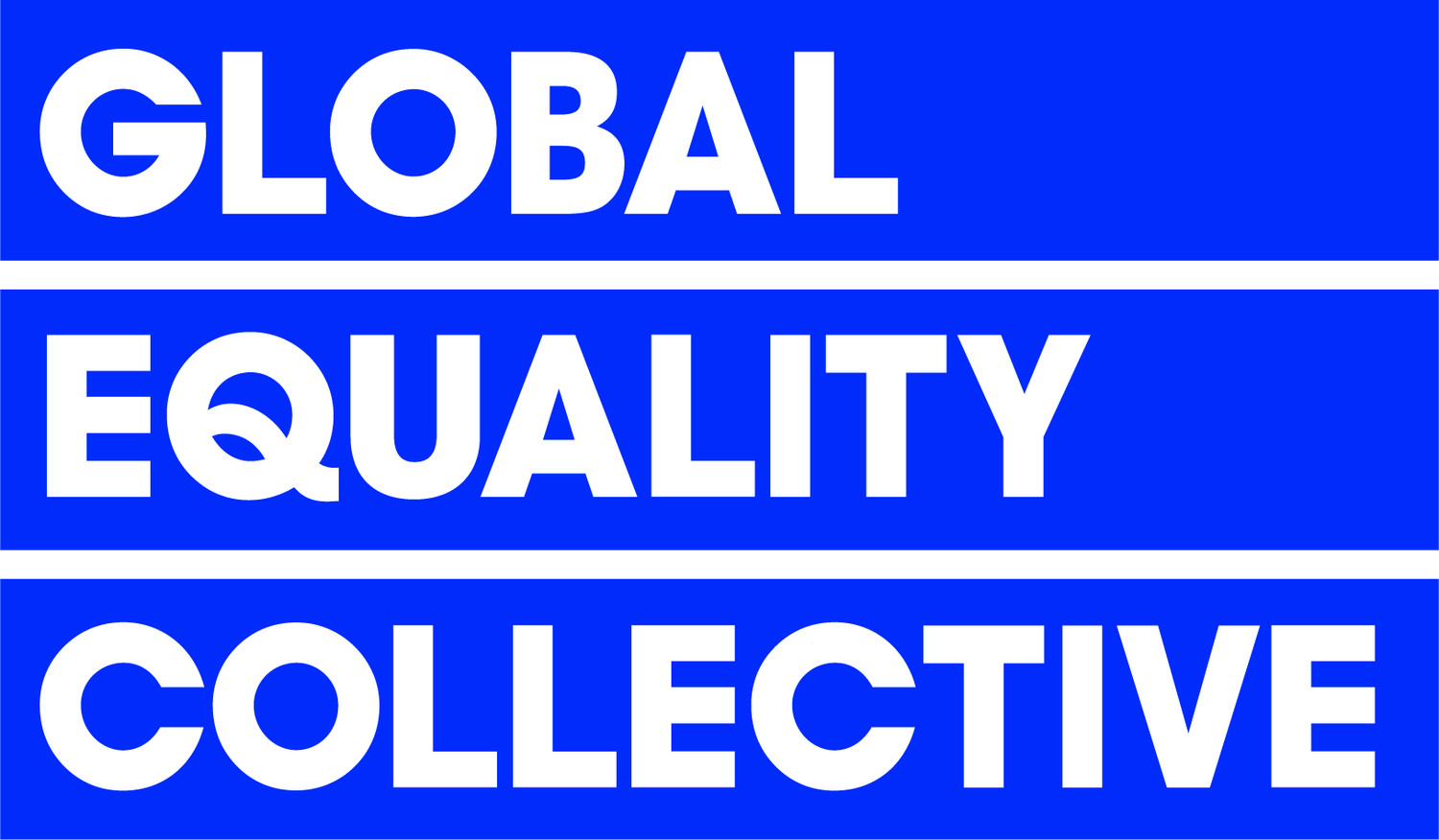GEC Inclusion Index - Staff - Key Behavioural Area 1
Belonging
“I feel like I belong here.”
58.3% agree
⬆ Improving Trend
So what?
Belonging is not a bonus — it’s the emotional bedrock of performance, wellbeing, and retention. Yet, from our 26,000 Voices dataset, just over half of the staff questioned reported not feeling a sense of belonging in their school. That’s thousands of educators feeling othered, overlooked, or excluded.
Staff voice tells the real story. For many, belonging is fragile — easily undermined by workplace culture, microaggressions, or lack of representation:
“I feel like a guest in my own school. I do my job, but I never really feel part of it.”
The GEC Platform: Proven Solution
The GEC Platform uses anonymous, intersectional data to surface how staff experience school life — segmented by identity, role, and setting. It doesn’t guess — it listens.
📊 Key Findings from 26,000 Voices:
Only 37% of staff felt school culture actively promotes inclusion
Global Majority and disabled staff were twice as likely to say culture does not reflect their values
Higher belonging scores correlated with stronger retention and wellbeing
🎯 Real Impact:
“We thought we had an inclusive culture — until we saw the GEC data. It revealed quiet exclusions and inconsistent expectations across departments. It was a wake-up call that we needed.” — Assistant Headteacher, London Borough Trust
🛠 Why It Works:
The GEC Platform makes the invisible visible. It turns staff voice into a map for school leaders to take bold, meaningful action.
💬 In Their Words:
“An accessible, elegant and intuitive tool for any school leader looking to embed meaningful change within their context. The staff survey was simple to send out and provided us with a wealth of information for us to base our equality action plan on.” — Woodbridge High School
The Kaleidoscope View
Our Kaleidoscopic Data reveals sharp disparities across identity groups:
Global Majority staff — especially Black and South Asian colleagues — described pressures to code-switch or remain silent to "keep the peace."
“I’m constantly walking a tightrope. If I speak up, I’m seen as angry or difficult.”
Disabled and neurodivergent staff shared frustration with performative inclusion policies:
“There’s an inclusion policy, but not one person has asked me what actually works for me.”
LGBTQIA+ staff often felt the need to mask their identities in conservative environments:
“I’m out to some staff, but not all. I edit myself constantly — even around students.”
These trends expose a deeper issue: intersectionality compounds exclusion.
One staff member explained:
“I’m a working-class, queer woman of colour. Every meeting reminds me I don’t fit the mould.”
Conversely, where inclusive leadership is embedded, staff spoke of being valued — not just present:
“I’m not just tolerated here. I’m valued. That’s why I stay.”
The message is clear:
🧩 Belonging is not soft — it is structural.
If staff feel they must adapt to fit in, inclusion is incomplete. The system must adapt to them.
Next Steps & Free Stuff
Want to check how your school performs on Belonging?
Try our free GEC Score Card – aligned to the latest Ofsted Scorecard — to see where you stand and where to improve.
📖 Or read more in our Founder Dr Nicole Ponsford’s latest article in Schools Week: "Uncovering the Unknown Unknowns of Inclusion"
👉 Read the article





